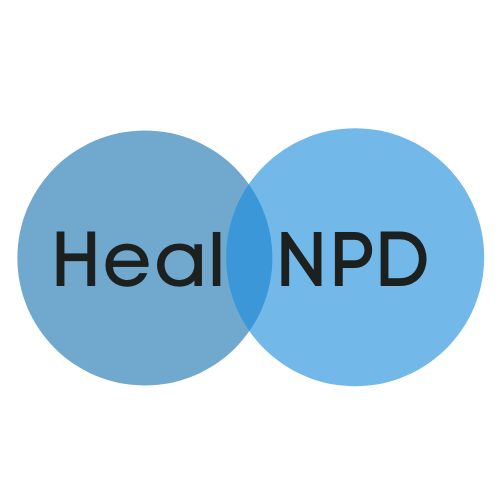What does it mean to ‘let go?’
Part of my job as a psychotherapist involves helping people to grieve.
Any time we lose something or someone we are faced with the hard work of grieving and learning to let go. There are smaller losses, like the death of a favorite character on TV or the end of a great series; and there are big losses, like the death of a loved one or the end of a cherished relationship. All are occasions to take stock and think about loss.
The media is constantly presenting us with unrealistic promises that we can last forever, and few of us have good models for what it means to really grieve. In order to grieve, we must let go. Unfortunately, many of us don't know what letting go looks like. While some of us stumble our way through a long and difficult grieving process until we discover our own versions of letting go, others keep holding on to what they lost - as though they could prevent the absence from being real if they just held tightly enough.
So what does it mean to 'let go?' Put simply, letting go means letting it be true that someone or something we cared about is gone. When we become attached, we naturally want to do everything in our power to keep our attachment alive. And while it may seem possible to do so in the movies, in real life there is no 'forever.' Loss is inevitable. Each loss is a mini death, and we have evolved to fight tooth and nail against dying.
There are lots of ways that our minds try to keep us from letting go.We rage, we bargain, we distract ourselves, and we attempt to simply forget. Sometimes, feelings like guilt can serve as a hidden way to try to hold on to the person or thing that has left our lives. Feeling we could have prevented the loss or trying to figure out how we could have acted differently can actually be a form of denial - our minds attempt to undo the reality of loss by constantly looking for ways we could have prevented it. As painful as guilt can be, it is sometimes preferable to the deep pain of letting it be true that a difficult loss is real.
Letting go takes time. We all move through grief on different paths and at different speeds. There is no 'right way' to grieve. Sometimes we need to be in denial because it's the only way to get through for the time-being. In time, the path of grieving must include letting go because it is the only way forward. Letting go doesn't mean we can't still love and miss that which has left our lives. There is still room for cherished memories, keepsakes, and regrets.
Loss is a part of life. It is part of what gives life meaning. It would be impossible to value or treasure anything if it could last forever. It's okay to be in pain when faced with loss. In time, when we are ready, it's also okay to let the loss be real.
Letting go doesn't mean that you don't care about someone anymore. It's just realizing that the only person you really have control over is yourself."
- Deborah Reber

